Did you know that many Japanese onomatopoeia are not only recognized in China but also actively used, referenced, and compared to Chinese equivalents?
Thanks to anime, manga, language learners, and internet culture, sound words like pika pika and zawa zawa are becoming increasingly familiar to Chinese fans.
How Chinese Fans First Encounter Japanese Onomatopoeia
Japanese sound words are not usually taught in formal language classes —
but many Chinese fans come across them naturally through pop culture. Here are some of the main ways they discover and enjoy these expressive words:
Language and culture videos
Some Chinese content creators and educators highlight Japanese onomatopoeia in comparison with Chinese sound words, showing the unique character of Japanese sound symbolism and how it contrasts with or complements Chinese expressions.
Anime (e.g., Doraemon, Detective Conan, Naruto)
Japanese sound words are embedded in character expressions, reaction scenes, or comedic moments. Many Chinese viewers pick them up while watching anime with subtitles.
Manga (with sound effects left in original Japanese)
Chinese manga editions often retain the original Japanese sound effects, and readers learn their meanings through context or small translations printed in the margins.
Cosplay culture
At events like Comicup or Bilibili World, fans use Japanese onomatopoeia on props, signs, or cosplay captions — especially those that add a humorous or emotional tone, like guuuu… or shiin…
YouTube, Bilibili, and Douyin trends
Japanese sound words frequently appear in short videos and memes — not only for their literal meaning but for their quirky, catchy rhythm and visual fun.
Popular Japanese Sound Words in China
Below are some of the most recognized and loved Japanese sound words that Chinese fans often encounter — many of them spark comparisons with Chinese equivalents, making the experience even more interesting.
Pika Pika (ぴかぴか)
Meaning: Sparkling or shiny
Where it appears: Pokémon, magical scenes, cleaning advertisements
Made globally famous by Pikachu, pika pika is instantly recognizable to most Chinese fans. It’s associated with cuteness, lightning, and sparkling energy — and is often compared to the Chinese sound word “亮晶晶 (liàng jīng jīng).”
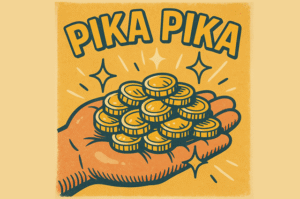
Nyaa (にゃあ)
Meaning: Cat’s meow
Where it appears: Anime mascots, cat characters, online stickers
ニャー is similar to the Chinese sound 喵 (miāo) and feels very familiar. Its cute rhythm makes it popular in cosplay, stickers, and voice-over trends.
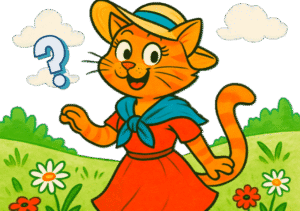
Guuuu (ぐー)
Meaning: Stomach growling
Where it appears: Comedy scenes, hungry characters
This soft rumbling sound shows up a lot in anime when characters are hungry. Fans enjoy comparing it with the Chinese 咕噜咕噜 (gūlū gūlū) — both are adorable ways to express a rumbling tummy.
Zawa Zawa (ざわざわ)
Meaning: Uneasy murmuring, crowd noise
Where it appears: Suspense scenes, tense atmospheres
Chinese fans love zawa zawa for its emotional depth. It has no direct Chinese equivalent but evokes feelings similar to 嘈杂 (cáozá) or 骚动 (sāodòng). It’s widely used in memes and dramatic fan edits.
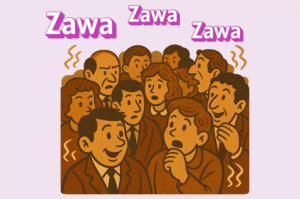
Shiin… (シーン…)
Meaning: Silence, awkward pause
Where it appears: Comedic moments, tension breaks
This sound of silence feels unique to Japanese — it’s often recreated visually in manga or anime and makes people laugh. Some Chinese fans have even adapted it into comic panels or emoji-style chat bubbles.
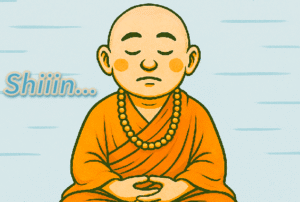
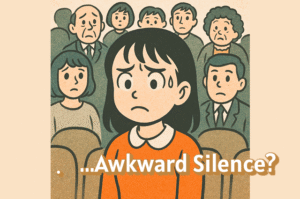
Why Chinese Fans Love These Words
Often used in cosplay, comics, social media, and reaction videos
Sound words are fun to mimic, even if one doesn’t speak Japanese
Many of them feel surprisingly close to Chinese sound expressions
They express moods and emotions in a playful, intuitive way
Fun Fact
Some Chinese manhua (comics) artists occasionally borrow Japanese onomatopoeia like zawa zawa or pika pika for stylization or parody, especially when mimicking manga tropes.
These words cross cultural borders through emotion and sound!


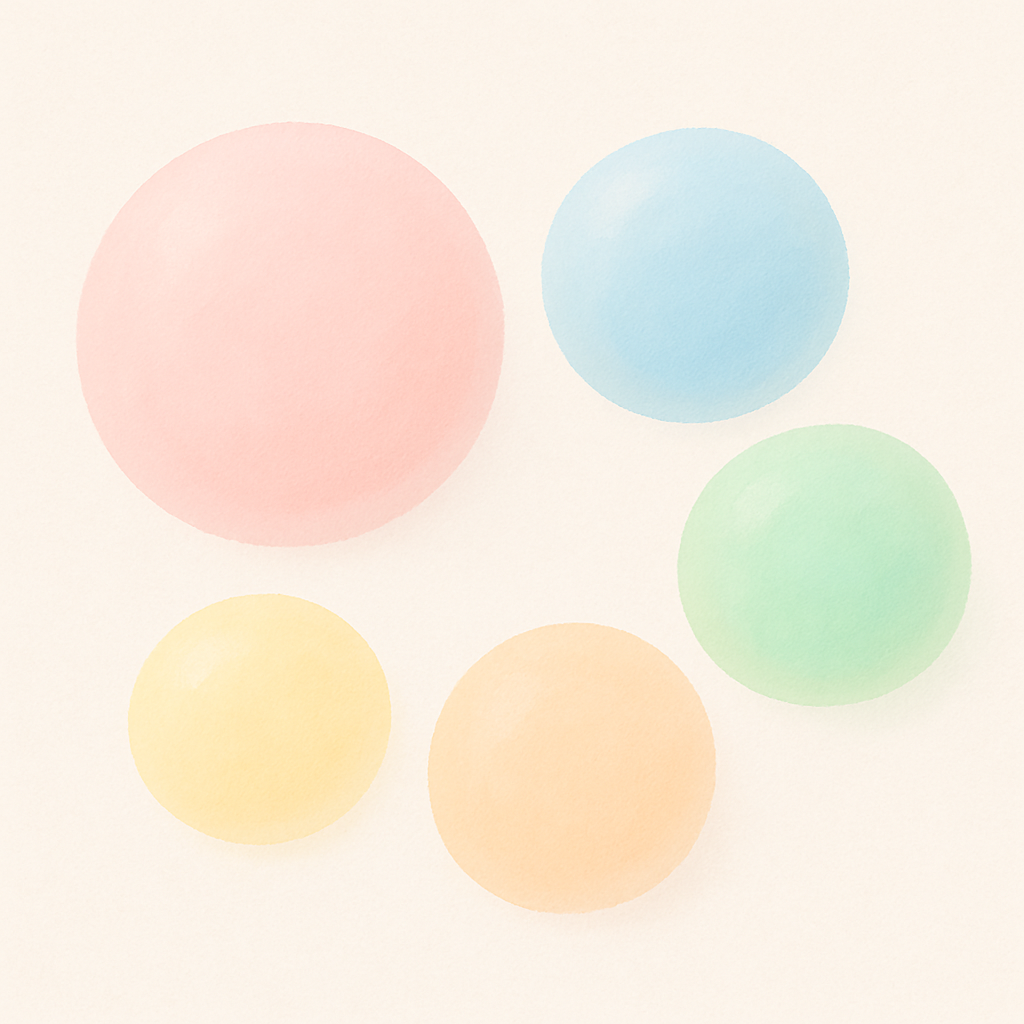

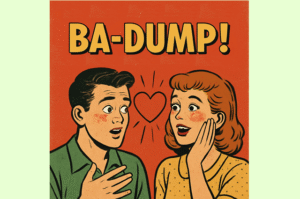
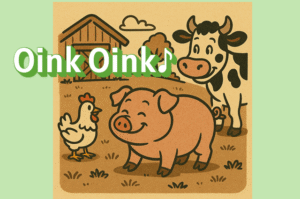
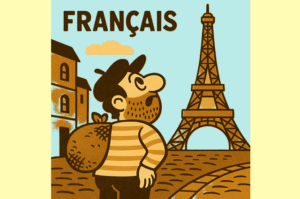
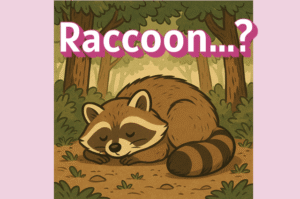


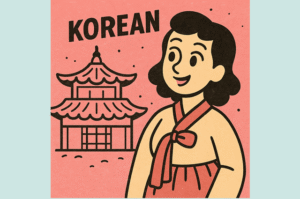
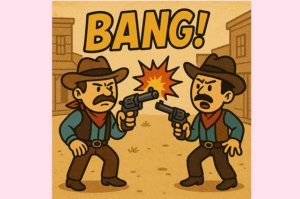
Comments